|
Thank you to everyone who posted or sent in photos for our #MauiEarthMonth2020 experiment while in lockdown! Well, it's now May, we're still doing social distancing, AND we have a LOT MORE gift cards to give away, so we're extending our "Earth Month" activities through the summer. We'll give you a $25 gift card to one of several essential businesses that are still open (CJ's Deli & Diner, Sea House at Napili Kai, Down the Hatch, Maui Diving Scuba & Snorkel Center, West Maui Sports & Fishing Supply, Maui Sporting Goods, New Maui Fishing Supply, and Ace Hardware Lahaina) - all you (Maui residents) have to do is send us (and preferably post on your own social media, too) a photo of you and/or your family doing one of the ocean-friendly activities, below.
This particular post in our Earth Month “quarantine-friendly” activities series requires an up-front disclaimer. We must stress that you should be aware of the social distancing rules and guidelines in your given area before doing anything that takes you off of your own property. These rules have been changing, so know before you go; see below for details.
If you need some exercise or want to go fishing and catch dinner, you’re probably still going to the beach and into the ocean while complying with social distancing (which means at the moment, no more than 2 people from a household should be out at one time, please see resources below). We at West Maui Kumuwai have tried to come up with a few activities for you that fit in with the environmental ethics of Earth Day, and could help out with your homeschooling needs.
BONUS (for Maui residents): Post on social media using #MauiEarthMonth2020 and email in a photo (or screenshot of your social media post) of yourself doing any of these things and we’ll send you a gift card to one of Maui’s essential businesses. In addition to some West Maui restaurants (CJ’s Deli & Diner, Sea House at Napili Kai, and Down the Hatch), we have gift cards to Maui Diving Scuba & Snorkel Center, Maui Sporting Goods, West Maui Sports & Fishing Supply, and New Maui Fishing Supply if you need gear. When you email us your photo or a screenshot of your social media post, please tell us which of these places you’d like a gift card for (with your first, second, and third choice), and include your mailing address. We’ll be giving away gift cards while supplies last, and sharing the photos on our website and social media accounts. KNOW BEFORE YOU GO: As noted, the rules have been changing, so know before you go. You could easily get cited, but this is really all about protecting each other collectively. For Hawaii, some key sources to check out are the Governor’s proclamations, under Hawaii Revised Statutes section 127-A, and the individual islands’ mayors’ proclamations and media releases. For Maui, the Police Department’s Facebook page links to the latest information, so it’s a great place to start if you’re on Facebook. 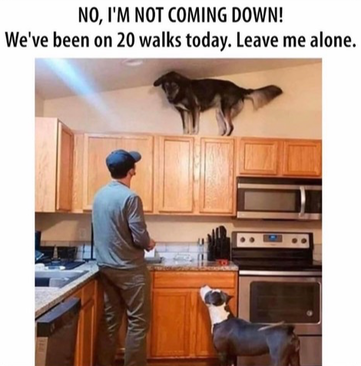 We at West Maui Kumuwai have been hearing a few dog-related things through the coconut wireless lately. So let’s talk about dog poop as part of our continuing series on “quarantine-friendly” Earth Month activities. For starters, mahalo to everyone who has adopted or fostered a dog during our stay at home orders, that is fantastic! If it’s your first dog, you might have noticed they poop a lot. If you already have a dog, then you probably have an existing routine for walking them. Is it ocean-friendly? Now, we’re hearing there’s a LOT of dog-walking going on at the moment, which may have *something* to do with the pandemic lockdown. Before we get into all the fun that is dog poop, we want to stress that you should be aware of the rules in your given area before doing anything that takes you off of your own property. These rules may be constantly changing, so know before you go. Dog poop is an often-overlooked environmental issue. It’s not only gross, it’s essentially raw sewage, and it’s not “natural fertilizer,” despite what you may have heard. It’s full of bacteria and other disease-causing pathogens like viruses and parasites. Did you know that a single dog can produce more bacteria in one day than a person, a horse and a cow combined? Right?! That’s just gross. You step in it and track it into your house? Gross. (Good thing we usually take our shoes off before entering the house here in Hawaii!) Leaving it on your lawn or along sidewalks means that it could end up getting washed into storm drains, then wind up in local waters where you swim and go fishing. Yup, gross.* How do we avoid all this grossness that can affect our health and the environment? The simple solution is to scoop the poop, bag it, and place it in the trash, whether it’s in your own yard or a public place. You can also bury it at least 12” down to keep it out of waterways. However, another observation that has come our way is that there seems to be an uptick in piles of unscooped dog poop around lately, particularly bagged dog poop left around that never makes it to a trash can. Sure, that’s anecdotal data, but feel free to share a report from your neighborhood on our Facebook page if you’ve also made this observation. OK, but WHY do people leave unscooped dog poop? Maybe they think it’s natural so it’s fine (it’s not and also it’s not). Maybe they forgot their bags? (try leaving some by the front door or in your car.) Maybe there wasn’t a trash can nearby? (get one of those poop holding bags you can attach to the leash.) Maybe they were jogging and meant to loop back and get the bag of poop but just didn’t? (seriously, don’t be “that guy,” just come back and get it already.) A lot of these reasons have to do with convenience. If people have a hard time doing the right thing, maybe they need more and better support, such as bag dispensers and trash cans. Can you ask your homeowners’ association to put in poop bag dispensers along with an extra trash can? What else can we do? Seriously, we want to know your thoughts, observations, and suggestions, so please visit our Facebook page and weigh in under the photo meme from this post. If you REALLY want to take it to the next level, we are piloting a dog poop citizen science activity. Yes, you can carry around a clipboard with a datasheet when you walk your dog, while counting and recording piles of unscooped poop. Sounds fun right?! Why are we trying this out? It could reveal “hot spots” for unscooped dog poop, and the areas that are near storm drains and waterways are of the most concern. Our datasheet allows you to record things like this, plus note whether you saw any bag dispensers or trash cans in the area you covered during your walk. Maybe we can take action in these areas, in one form or another. Having data first always helps with the action part. Plus, we think this could be the basis of a solid STEM and environmental education activity. For instance, you could do some math with the data, not to mention turning it into a civics project. Teachers and environmental educators, we’d love to hear your ideas and feedback on this concept. Eventually we could write it up and link the activity to standards. So for now, please download this datasheet and help us test this out. You can email us photos of your completed datasheet(s) and we’ll see where this goes! BONUS: We will send a $25 gift card to one of several essential Maui businesses to the first three Maui households who email us a photo of themselves out walking their dog while collecting data with this datasheet, along with your photo of the completed datasheet too. Please include your mailing address with your email. *written by a cat person who fully acknowledges that cat poop in a box in our homes and near our waterways is also totally gross (and environmentally-harmful). Here's an example of what a filled-out datasheet might look like: 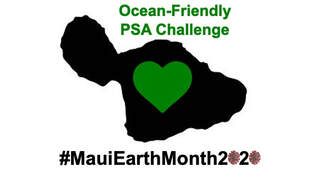 To kick off a series of quarantine-friendly Earth month activities, we’re starting with an activity for K-12 students who are currently being homeschooled due to the COVID-19 pandemic. This page has a rundown of resources you can explore with your kids, related to our goal of promoting community action to reduce the land-based pollution that harms our coral reefs. The larger message we’d like to share is that everyone can play a role in protecting our oceans and reefs – there are many actions you can take that will make a difference. For Earth Month, we’re holding a social media messaging challenge, and for the first bunch of Maui-based K-12 students and families who participate, we will be giving away quite a few $25 gift certificates to several Maui restaurants that are still open and providing take out service (CJs Deli & Diner, Sea House, and Down the Hatch). We also have many gift certificates to dive and sporting goods shops to help families purchase gear for exercising and fishing purposes, and to Ace Hardware in Lahaina to support yard and garden care. To enter, all you have to do is post a photo of your creation (details below), share it on your preferred social media account(s) using hashtag #MauiEarthMonth2020, and drop us a line (email [email protected]) with a screenshot along with your name and address so we can either mail you a gift certificate or put your name down on a list at the place where you can use it. This will be done on a first-come first-serve basis once we receive your email (one entry per household please), as supplies will be limited. Check out the other posts in our series for additional ways to "win" a gift card. How to participate: Choose one of the ocean-friendly behaviors from the list below, and use your forces of creativity to make a PSA (“Public Service Announcement”) of your own, in any form you like. It could be a simple drawing, a poster, a video, a story with a moral at the end, a fact sheet, a diorama…whatever! Just make it and share it. All we ask is that it has a “take action” component and highlights one specific thing that someone could do – see the examples below. Spend some time learning about the issue before you make your PSA. Want some inspiration from the Division of Aquatic Resources? Check out these PSAs here or for a more recent and relevant topic, check out this very official one on hand-washing from the CDC, or this much sillier one from the Hawaii Department of Health. Ocean-Friendly Actions for Earth Month PSA Creation Activity: Choose one of the following actions people can take to protect our oceans and reefs, and create a message encouraging people to do it. How and why should they take action?
To explore these issues, you can start here on West Maui Kumuwai’s “what you can do” page , and also visit these sites:
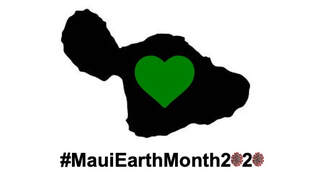 Let’s face it. This really sucks. It’s traumatic. We can all agree on that. “Normal” is out the window, and we don’t know when we’ll be able to resume whatever will be left of the “normal” we once knew. Hopefully we can make some improvements to the systems that are failing us and create a new, better “normal.” But in the meantime, we’re stuck with whatever this “normal” is, which obviously varies depending on our individual situations. Everyone is being challenged differently, everyone is coping in different ways. Amidst all this, so many people on Maui are stepping up to help others while adhering to the social distancing requirements. That needs to remain our top priority. Recognizing that things are operating differently right now, we at West Maui Kumuwai wanted to assess the situation, to determine what is and is not appropriate for us to be doing at the moment. Seriously, who is *really* thinking about stormwater runoff and land-based pollution right now? *Looks around* Exactly. And that’s fine. However, we know that so many people do care about our environment, and it is Earth Month. So, how can we build some ocean-friendly activities into our current reality, in an unobtrusive way that respects everyone’s priorities and circumstances? We did some “research” of sorts. We looked around, and we noted what people are doing, how they’re doing things differently, and how they’re doing new things. We came up with some ideas we’ll be sharing in more detail through a series of posts on our website throughout the month. Here’s a rundown, based on the new reality in which we find ourselves, of activities you may already be doing, that can be made more ocean-friendly with minimal effort:
Stay tuned. Finally, one thing we will be doing that we wanted to share up front is giving back to the essential businesses that have supported us through the years. Instead of asking local businesses for prize donations this year, we’ll be using the funds that would have supported our public events to purchase gift certificates from places that are still operating at the moment, particularly West Maui restaurants. For starters, we’ll be giving these out as part of an Earth Month activity for kids being homeschooled. Read about how you can participate here; check out all the other posts too to see how you can participate in other #MauiEarthMonth2020 activities and receive a gift card. from the Eyes of the Reef Monitoring Network for Coral Bleaching & Disease, Crown-of-Thorns Sea Stars and Marine Invasive Species:
Calling all Ocean Users! We have a bleaching event in progress! Prepare for Bleachapalooza 2019 Join the citizen science team and help report coral bleaching sightings! Two training workshops are happening on Maui: When: Tuesday, September 24th, 6 pm – 8 pm *or* Wednesday, October 9th, 6 pm – 8 pm Where: NOAA Humpback Whale Sanctuary, 726 S. Kihei Rd., Kihei, 96753 What: Details below: YOU CAN HELP! Participation is simple: attend a training workshop and use your eyes! Attend this 2-hour workshop to learn how to identify and report coral bleaching, coral disease, Crown-of-Thorns Sea Stars and marine invasive species. Whether you are a recreational ocean user, recreational or commercial fisherman, tourism operator, researcher or student, you can help us learn more about when and where these events occur by keeping an eye out for signs of change when visiting the reef. WHY? Pollution, climate change, and poor land use practices create environmental conditions that foster coral disease and coral bleaching, support the spread of invasive species and threaten reef health. Early detection of these events is important in protecting our reef resources. Detecting the initial signs of any of these events on our local reefs requires a wide network of observers providing regular reports of conditions throughout the region. The Eyes of the Reef Network has been designed to provide reliable reports on bleaching, disease, and changing reef conditions throughout Hawai‘i by training community members how to spot and report these events early on. For more information on Eyes of the Reef Network, contact your Maui Island Coordinators: Darla White at 808-345-2312 or email Donna Brown at 808-283-3423 or email visit the Eyes of the Reef Hawaii website |
News and EventsThe latest happenings in West Maui. For upcoming events, please visit our Facebook page. Archives
October 2020
Categories
All
|

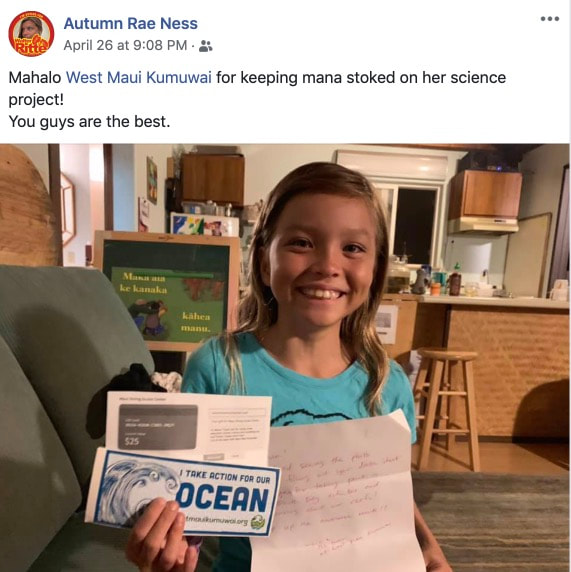
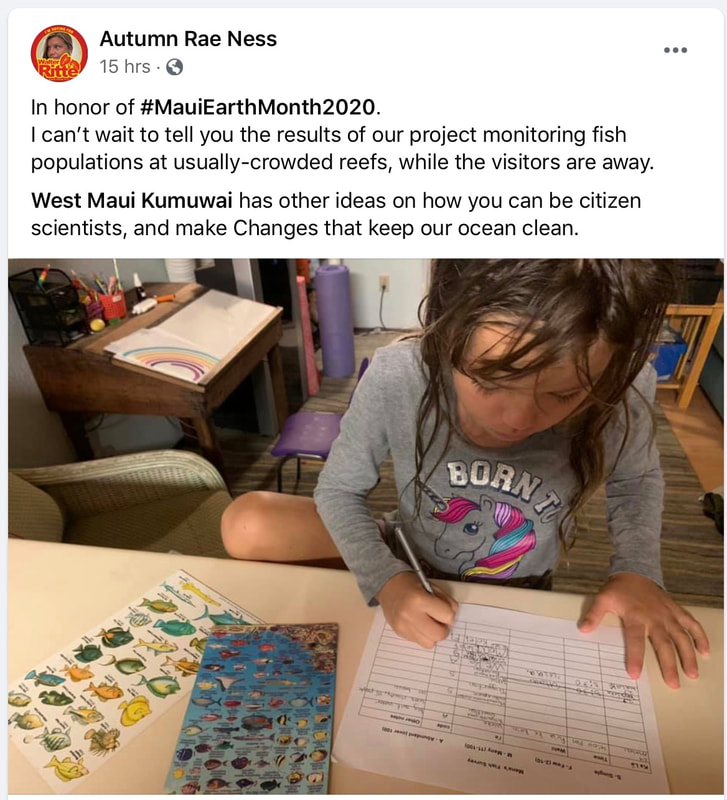
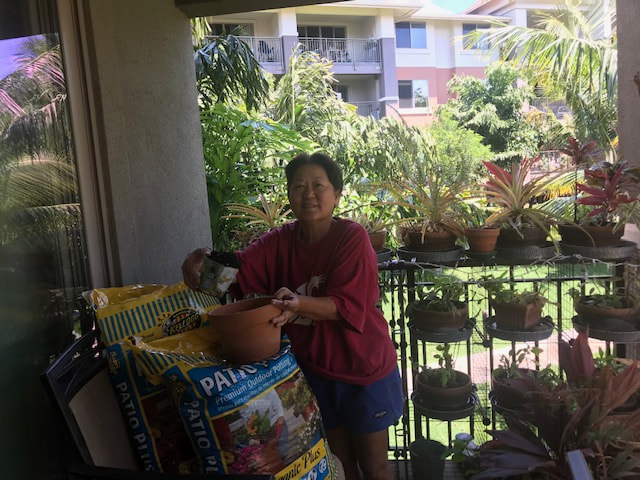
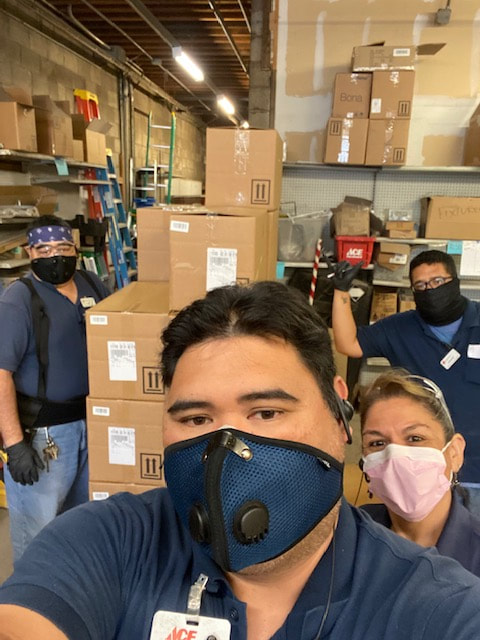
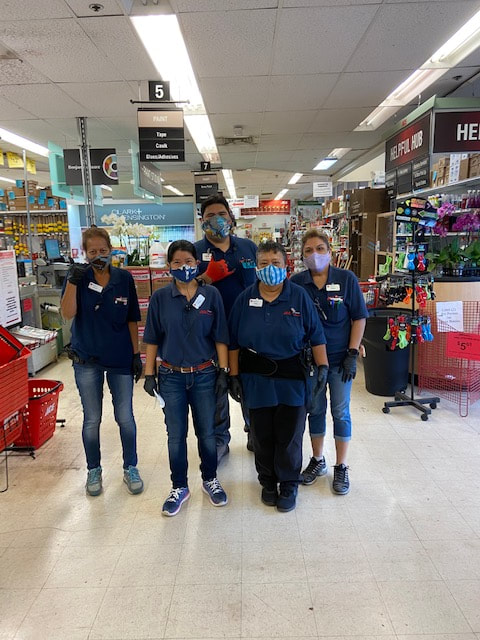
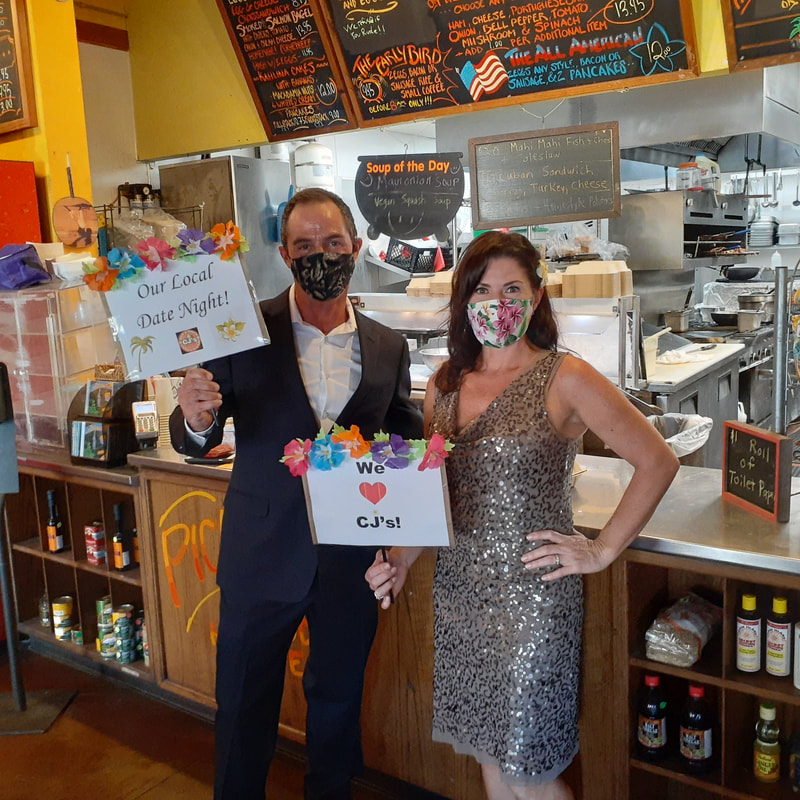
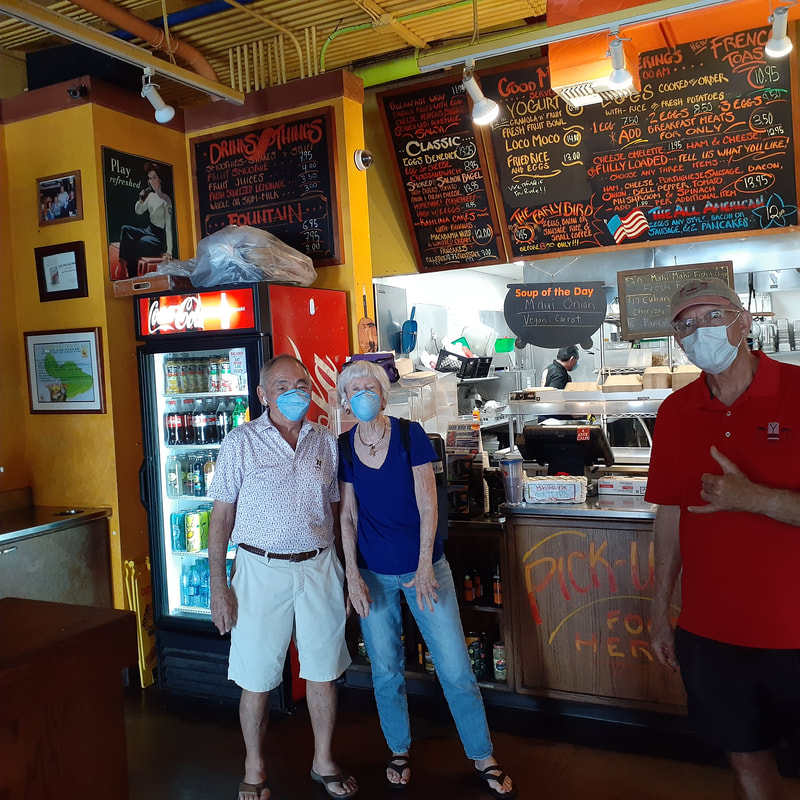
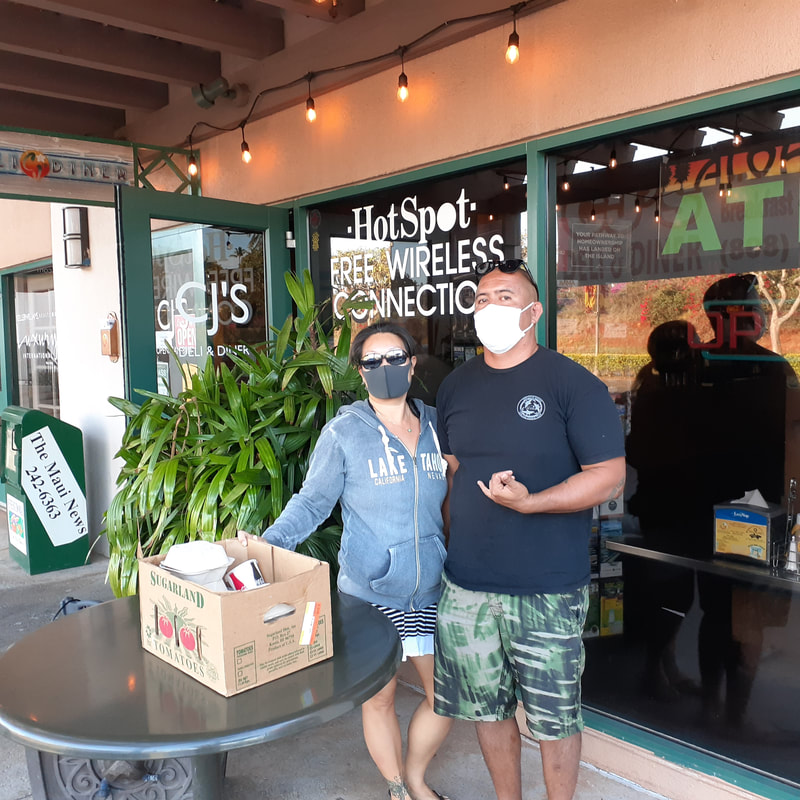
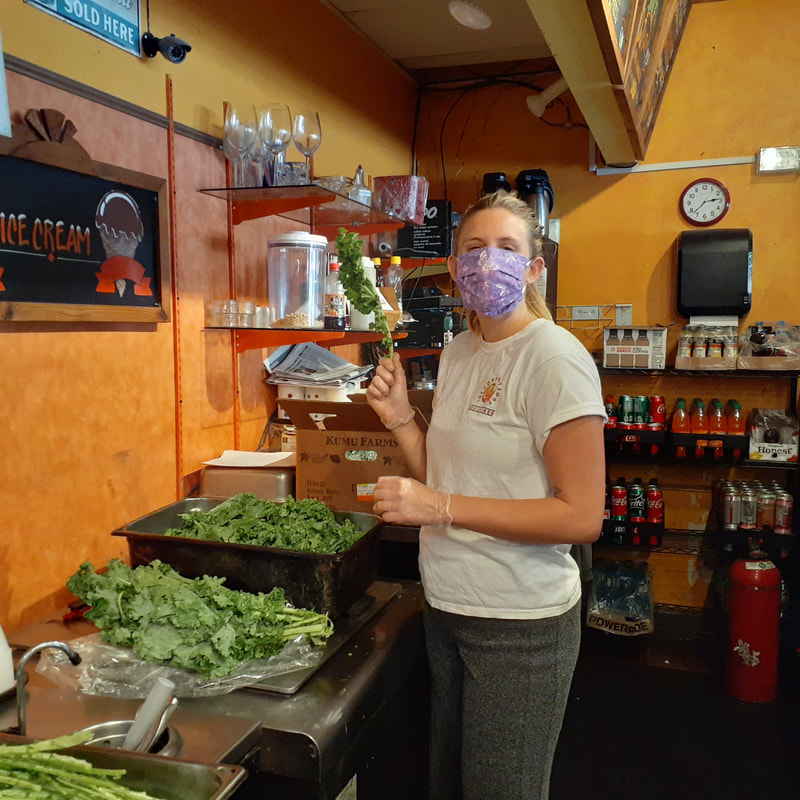
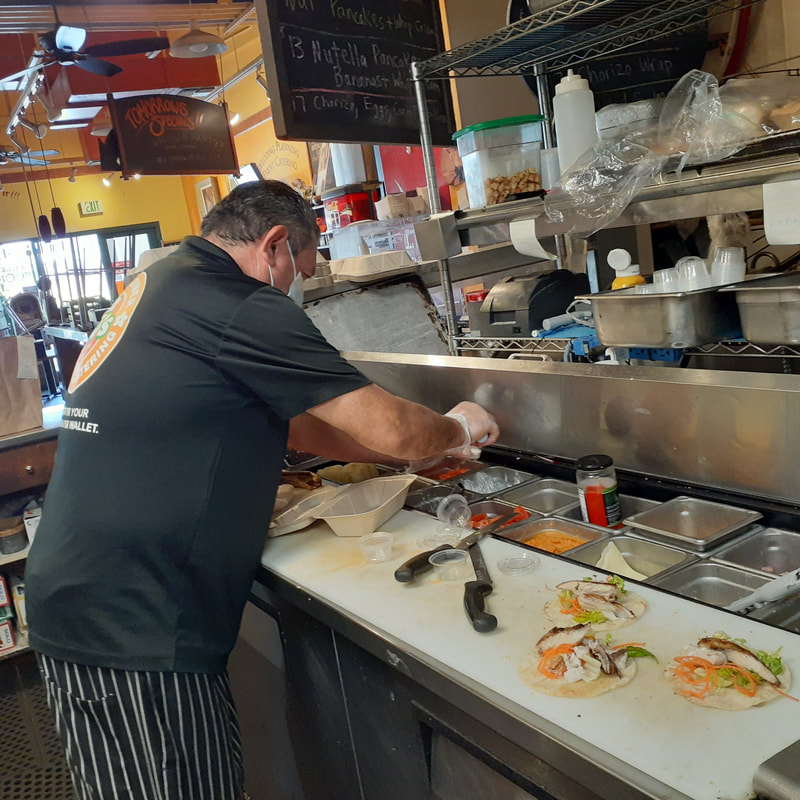
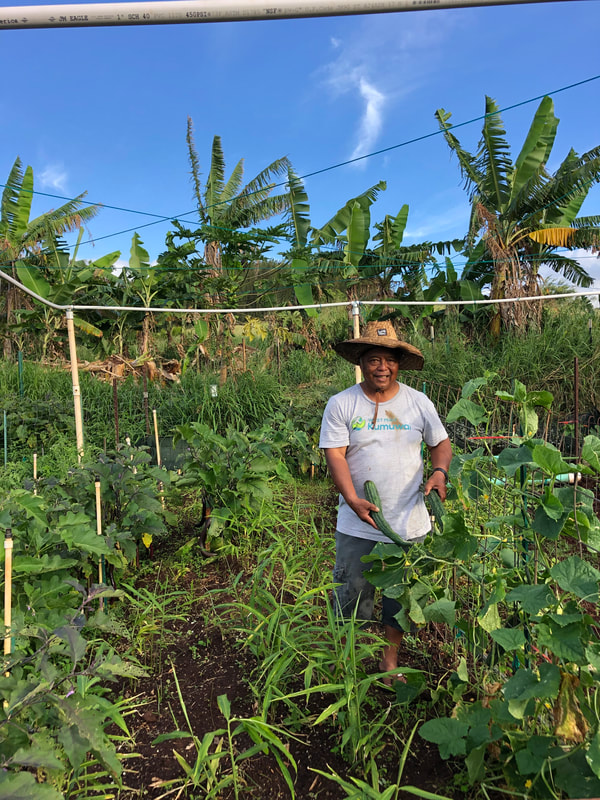
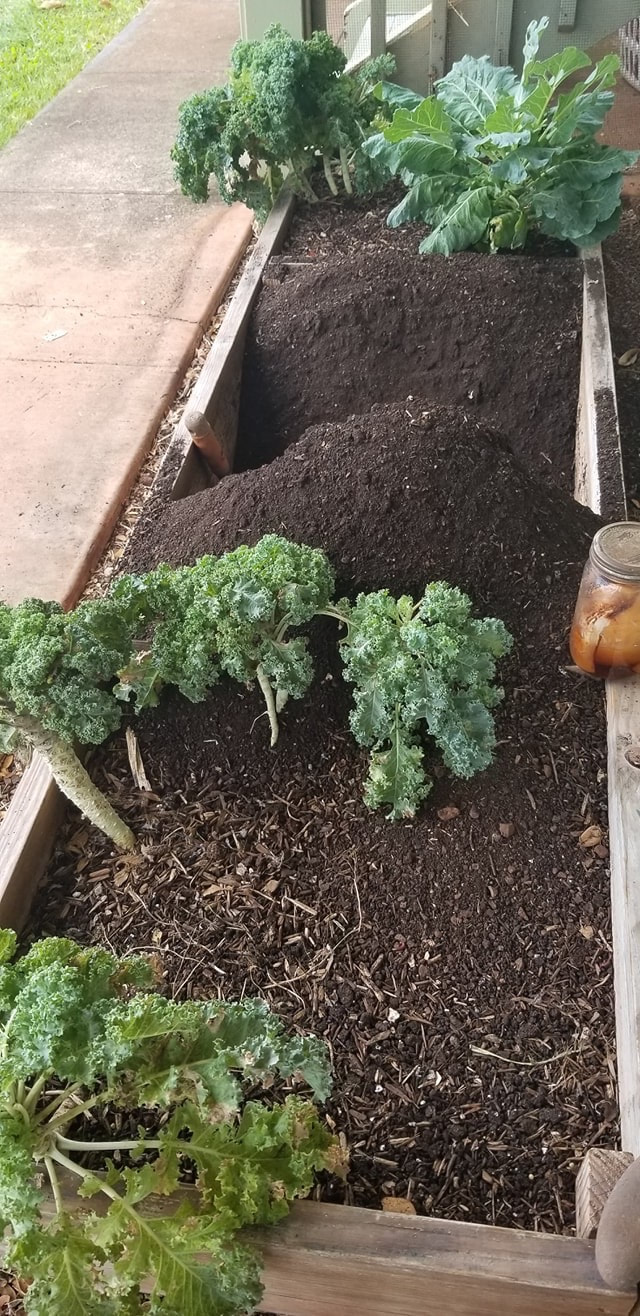
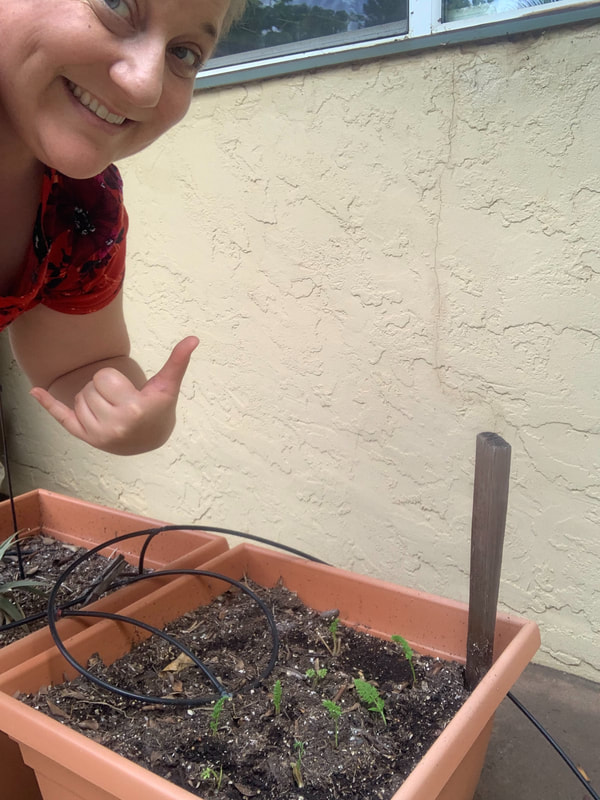
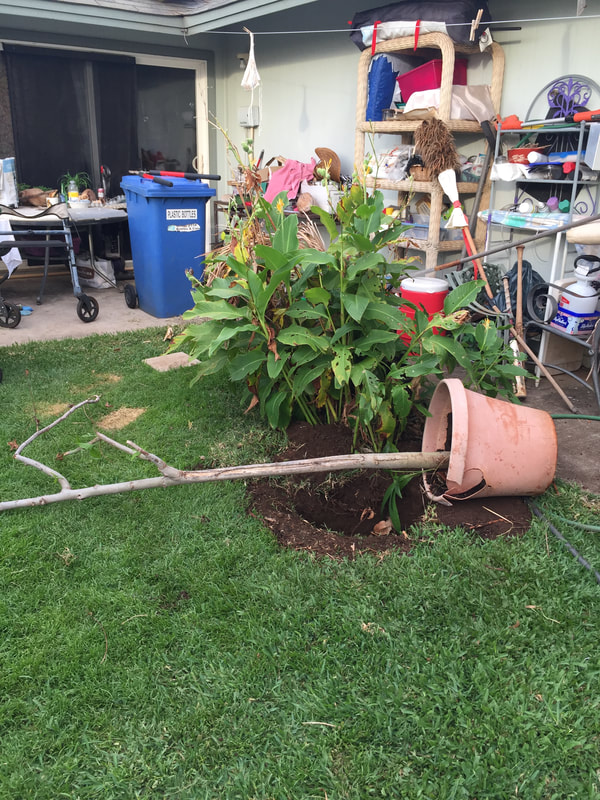
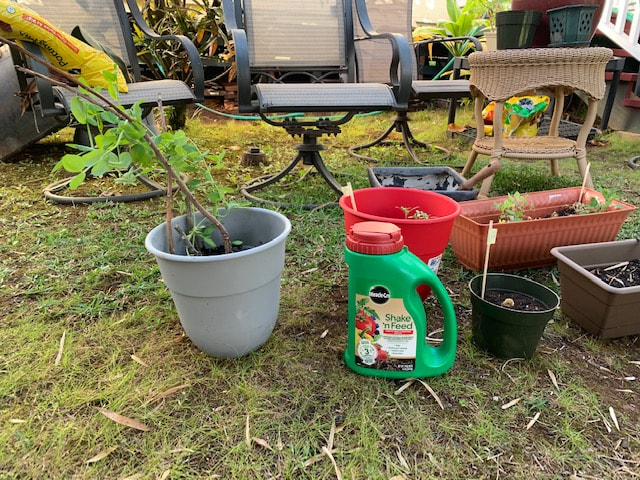
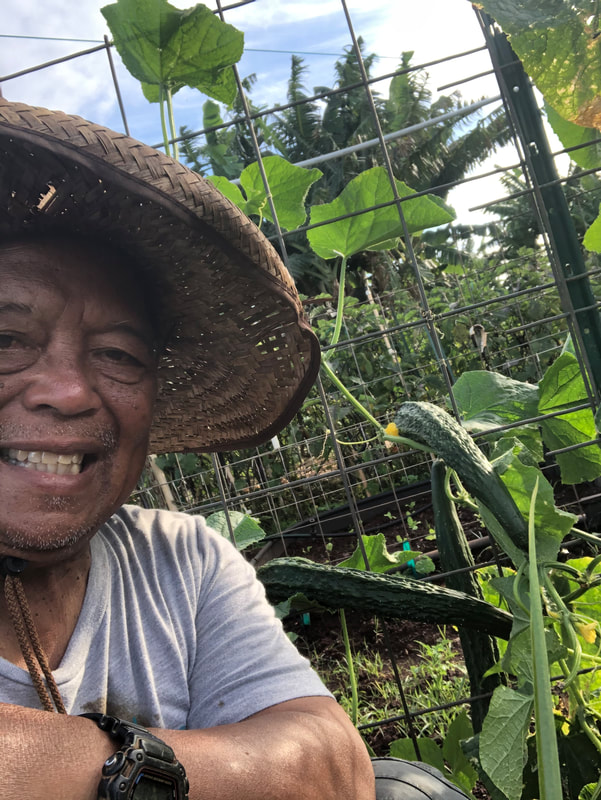
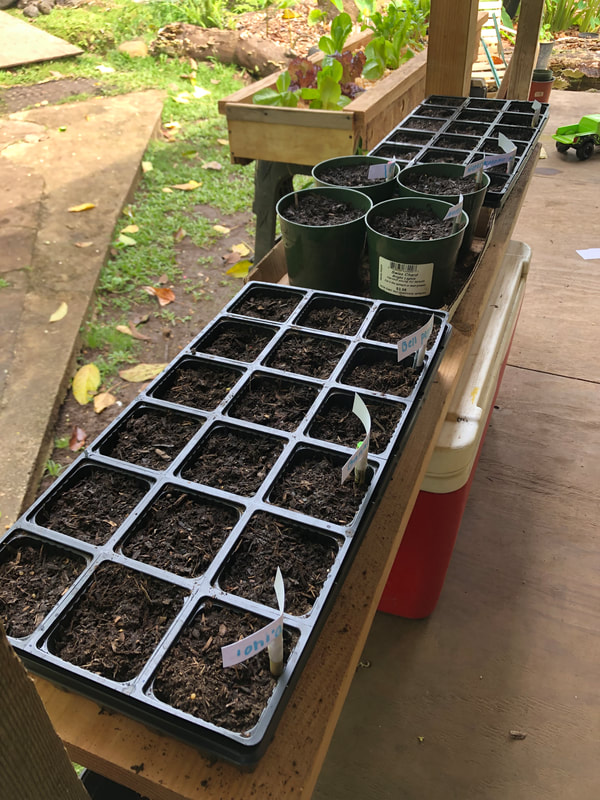
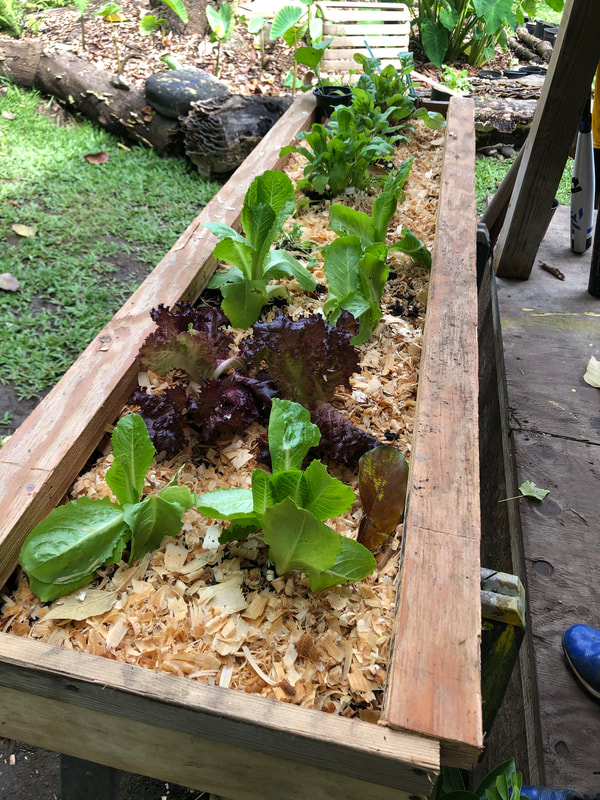



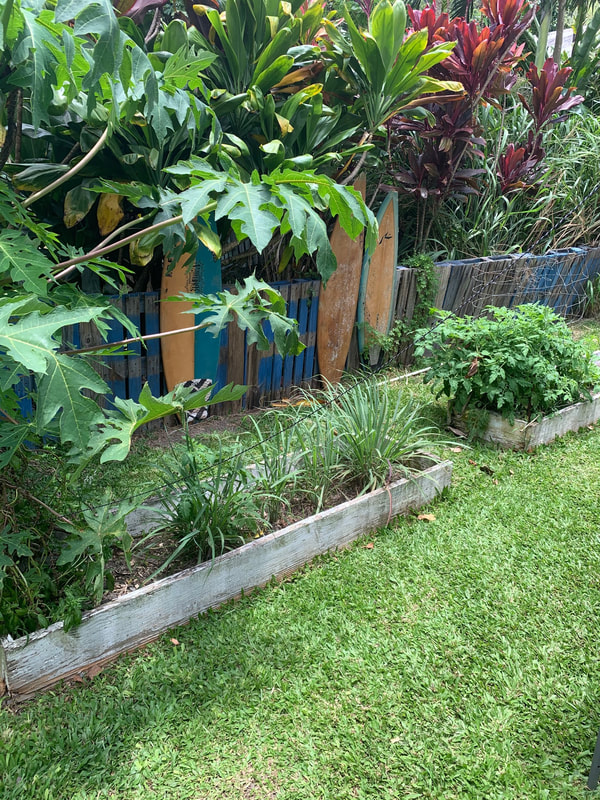
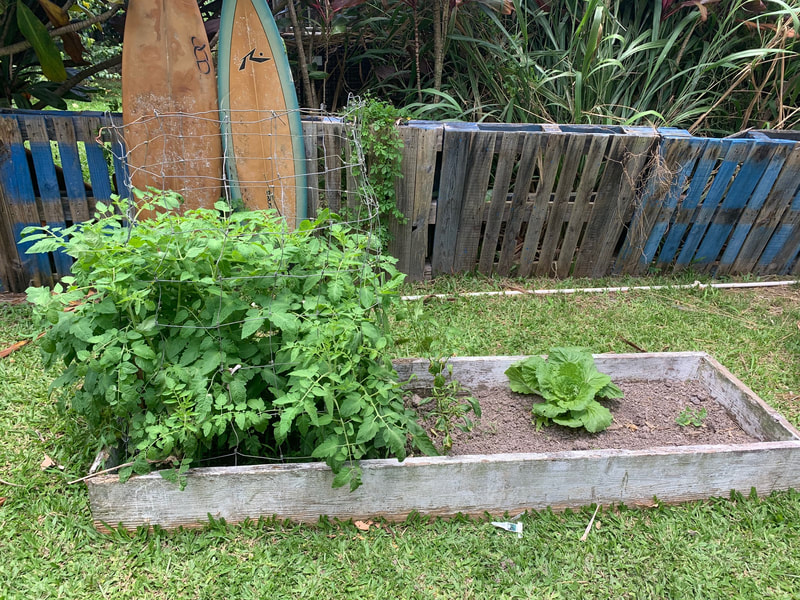
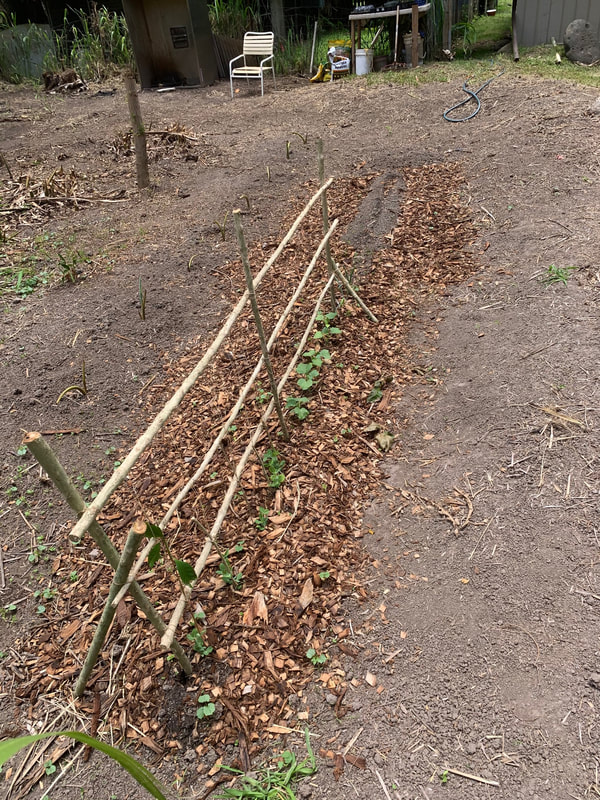

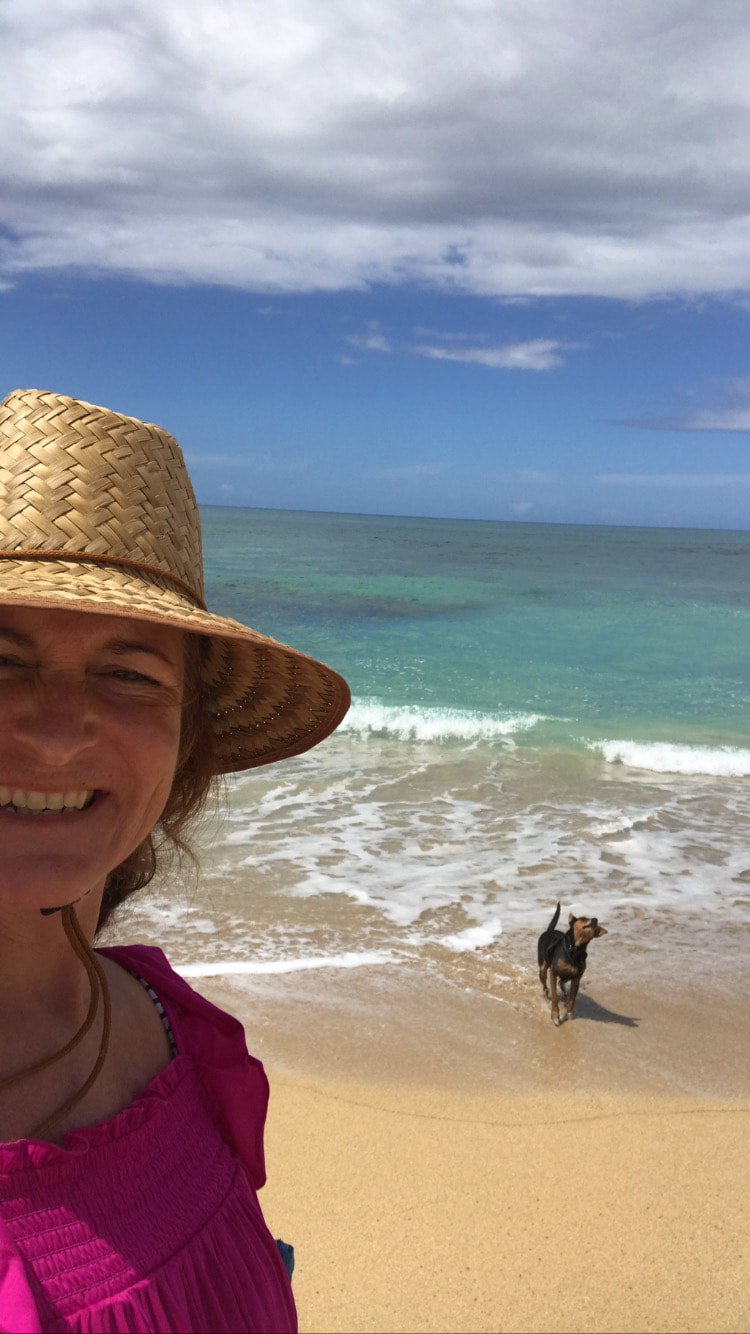
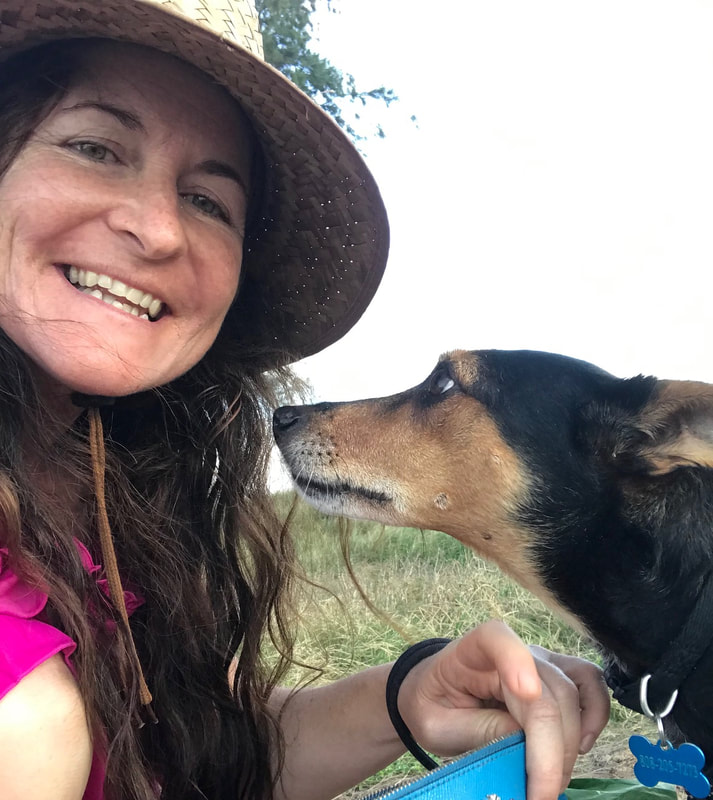
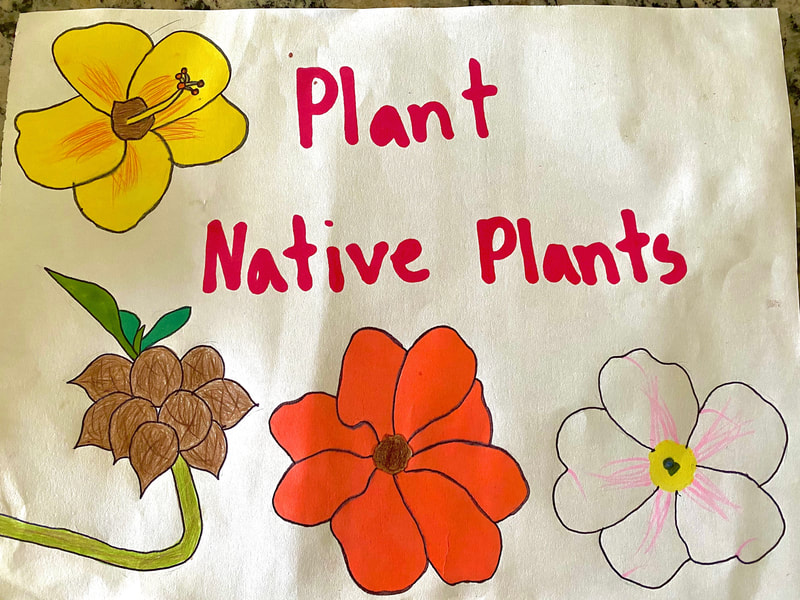
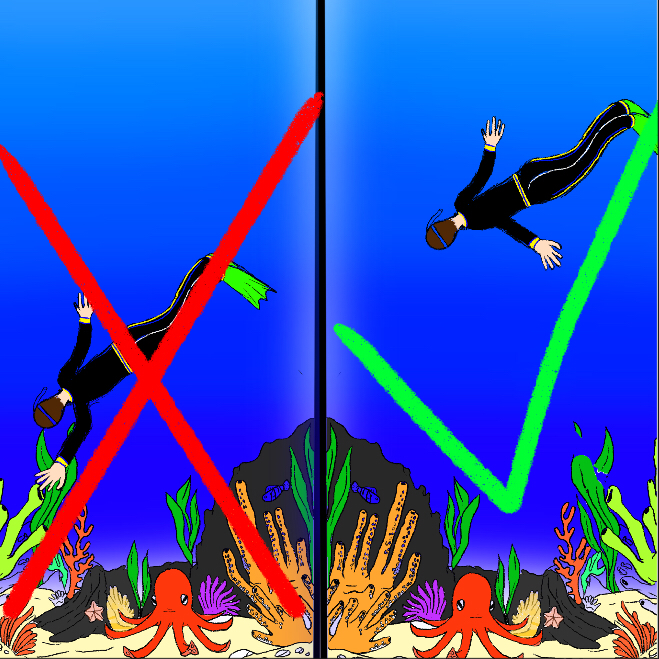

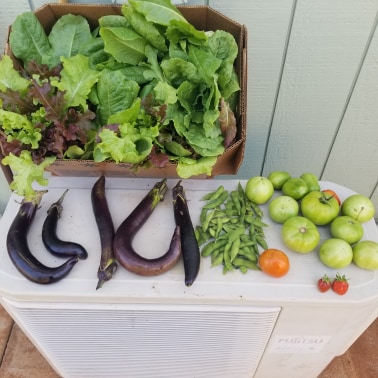
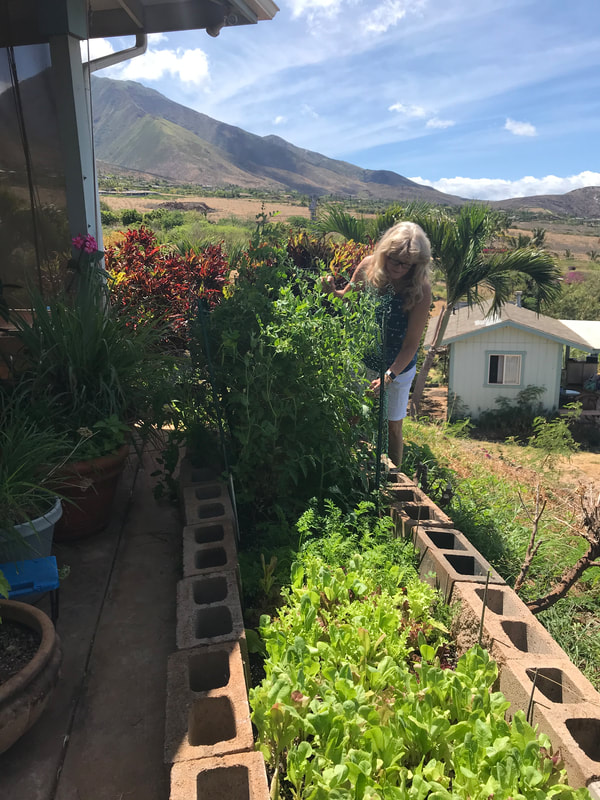
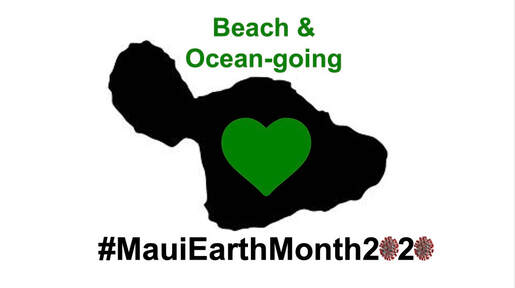
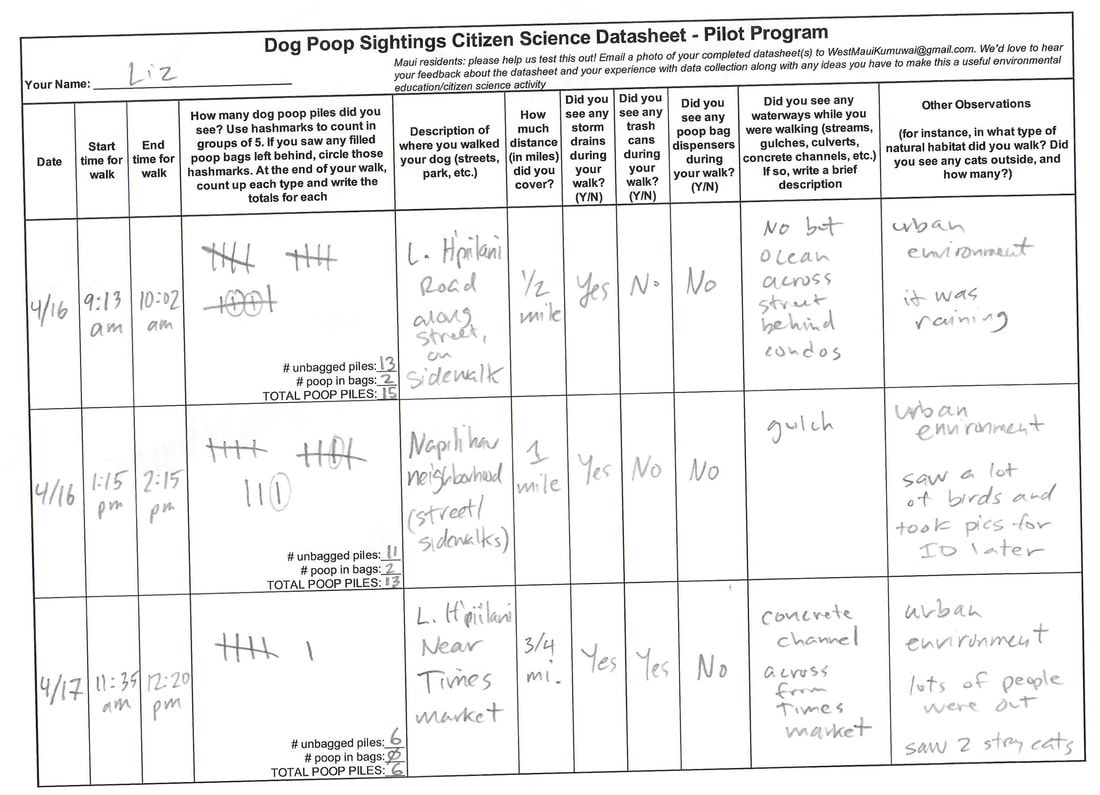
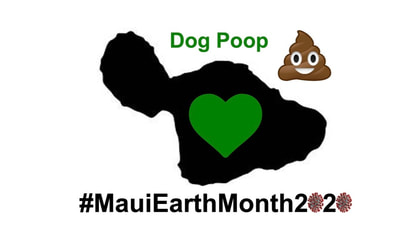
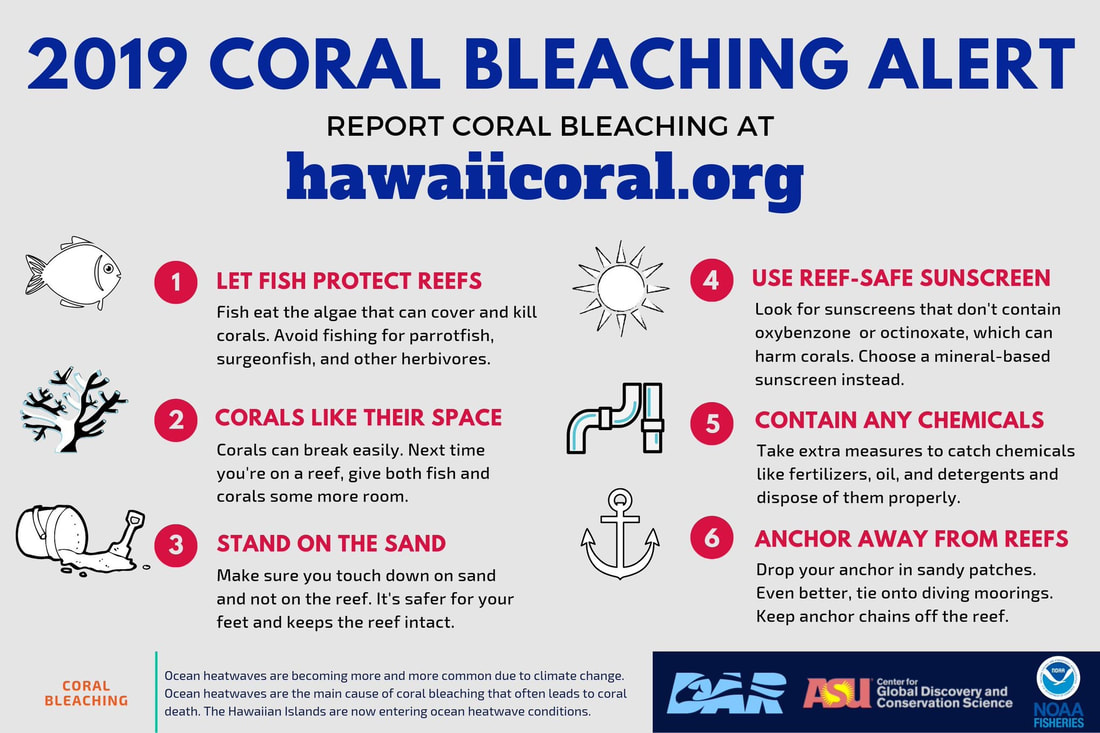
 RSS Feed
RSS Feed